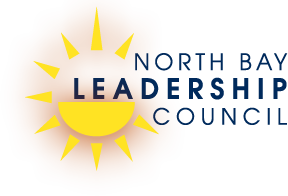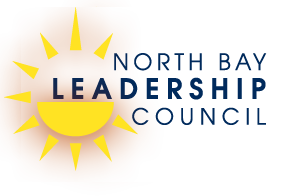Close to Home: Reject Voting Pledges in Local Elections
A former state Assembly member once said that the biggest problem in state politics is the serious decline of independent thought by elected officials. Sacramento politicians usually toe the party line — whether Republican or Democrat — or suffer the consequences, which often includes their party finding a new candidate who will follow voting orders.
There is a similar trend in politics in the North Bay that is equally troubling. It is the growth of voting pledges or similar commitments that some special interest groups require candidates for local office to sign in order to get that group’s endorsement and funding.
Increasingly during campaigns, candidates are being asked for more than just their general views on broad topics such as education, transportation, health care, affordable housing, taxation, environmental quality or economic development.
We agree that on important issues like these, learning a candidate’s beliefs and positions is the public’s right and is an important part of the election process. How else can voters determine which candidate would best represent their own interests?
But that is not what is happening. Instead, candidates are being asked to make a firm pledge in writing or verbally as to exactly how they will vote on very specific issues if they are elected. In effect, they are being made to pre-commit their vote.
Some of the voting pledges or commitments we’ve seen insist on a candidate agreeing when elected to oppose any form of tax increase, impose so-called living wage Ordinances, walk picket lines, create district elections in cities, support labor agreements on public works projects that benefit one employer over another and make mandatory the public financing of local political campaigns. Sadly, these are only a few examples.
This is wrong. A candidate has a right to express his or her view on important issues like these and an obligation to voters to do so. But it is not right for any group or individual to demand that a candidate give a guarantee how they will vote on a specific issue in order to get a group’s funding and endorsement.
If every candidate pre-committed their vote on an issue, why would a city council or board of supervisors bother to conduct extensive studies or hold public hearings to get input on an issue? In essence, the vote by some candidates who become elected officials has already been determined before all the facts are presented — or worse yet, their vote has been promised to a special interest group. Their mind is made up or their mind has been made up for them.
Because we believe so strongly in the detrimental effects on the public when candidates sign voting pledges during campaigns, the North Coast Builders Exchange and the North Bay Leadership Council have both agreed that their organizations will not endorse or provide funding to any candidate — even ones with whom we may agree on many issues — who has signed or committed to such pledges.
We encourage local voters to take their own action. When candidates knock on your front door, ask them the following question: “Have you signed any kind of voting pledge on behalf of any group — be it business organizations, environmental groups, neighborhood associations, unions, or other special interest groups — or will you remain independent-minded if elected?”
If a candidate has signed a pledge of any kind, politely thank them for dropping by and slowly close the door. This damaging political practice must come to an end.
Greg Hurd is chairman of the North Coast Builders Exchange Political Action Committee. Cynthia Murray is CEO and president of the North Bay Leadership Council.


Leave a Reply
Want to join the discussion?Feel free to contribute!